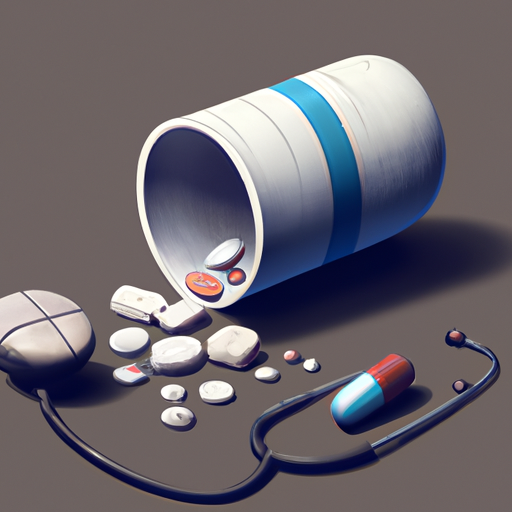Definition of food poisoning
Food poisoning is a medical condition caused by eating contaminated food or consuming food containing harmful bacteria, viruses, parasites, or toxins. It occurs when bacteria on the food is ingested and causes the body to become sick. The symptoms of food poisoning can range from mild to severe and can vary depending on the type of food that has been contaminated. Symptoms generally include abdominal cramps, nausea, vomiting, diarrhea, fever, and dehydration. Treatment typically involves rehydrating the body with fluids and antibiotics, depending on the severity of the case. In cases where food poisoning is extremely severe, intravenous fluids may be required. It is essential to make sure that food is cooked properly and stored correctly, as this is the primary way to reduce the risk of food poisoning.
Types of food poisoning from fish
Fish is one of the most widely consumed foods, and it’s not uncommon for people to experience food poisoning after eating it. The types of food poisoning that fish can cause differ, with some being more severe than others. One type of food poisoning that can be caused by fish is ciguatera poisoning, which is caused by a toxin that builds up in certain types of seafood, such as barracuda, grouper, sea bass, and red snapper. Symptoms of ciguatera poisoning include nausea, vomiting, diarrhea, and abdominal cramps, as well as neurological symptoms such as headache, muscle aches, and vertigo. Another type of food poisoning from fish is scombroid poisoning, which is caused by bacteria that grow on improperly stored fish. Symptoms of scombroid poisoning include flushing, sweating, itching, and burning of the skin, as well as nausea, vomiting, and abdominal cramps. It is important to be aware of the symptoms of food poisoning from fish in order to seek medical attention if necessary.
Common symptoms of food poisoning from fish
Fish are a common source of food poisoning, with some species being more likely to cause it than others. Common symptoms of food poisoning from fish include abdominal cramps, nausea, vomiting and diarrhea. Depending on the severity, other symptoms such as fever, chills, headache and muscle pain may also be present. In more severe cases, food poisoning from fish can lead to dehydration, weakness, confusion and even paralysis. To prevent food poisoning from fish, it is important to store and prepare the fish properly, checking that it is cooked all the way through and avoiding any cross-contamination of raw and cooked food. If symptoms of food poisoning from fish do occur, it is important to seek medical attention and medication to help with the symptoms and treat any underlying causes.
Diagnosis of food poisoning from fish
When it comes to diagnosing food poisoning from fish, the first step is to determine whether the symptoms are a result of a food-borne illness. In cases where an individual has eaten fish and begins to experience severe gastrointestinal symptoms, such as nausea, vomiting, and stomach cramps, they should visit their doctor or local hospital as soon as possible. The doctor will typically conduct a physical examination and ask questions related to the individual’s symptoms. If a doctor suspects the individual has food poisoning, the patient may have to have a stool culture done to detect the presence of food-borne pathogens, or the doctor may order blood tests. Lab tests may also be done to identify specific toxins which could have caused the food poisoning. If the patient is severely ill, or if the doctor suspects they may have a more serious condition, they may refer them to a specialist.
Treatment of food poisoning from fish
When it comes to treating food poisoning from fish, it is important to recognize the symptoms and act quickly. Depending on the severity of the illness, the most common treatment for food poisoning from fish may include rest and plenty of fluids. In some cases, over-the-counter medications such as ibuprofen or acetaminophen may be taken to reduce fever and pain. In more severe cases, antibiotics may be prescribed to treat the infection. If the food poisoning is severe, it is important to seek medical attention immediately. It is also important to make sure to properly store, handle, and cook fish to reduce the risk of food poisoning.
Prevention of food poisoning from fish
Preventing food poisoning from fish is not as daunting or difficult as one might think. First and foremost, the most important step is to ensure you are purchasing your fish from the most reputable and reliable sources. This means buying your fish from a reputable market or store with a reputation for stocking the freshest catch, and always checking to see that the fish you buy has not been spoiled or mishandled in any way. Additionally, when preparing fish, it is important to cook it thoroughly and keep it refrigerated or in the freezer until you are ready to eat it. If you are eating fish raw, be sure to buy high-quality, sushi-grade fish that has been frozen to kill any parasites. This goes for shellfish too. By taking these steps and following these guidelines, you can significantly reduce your risk of getting food poisoning from fish.


No Comments